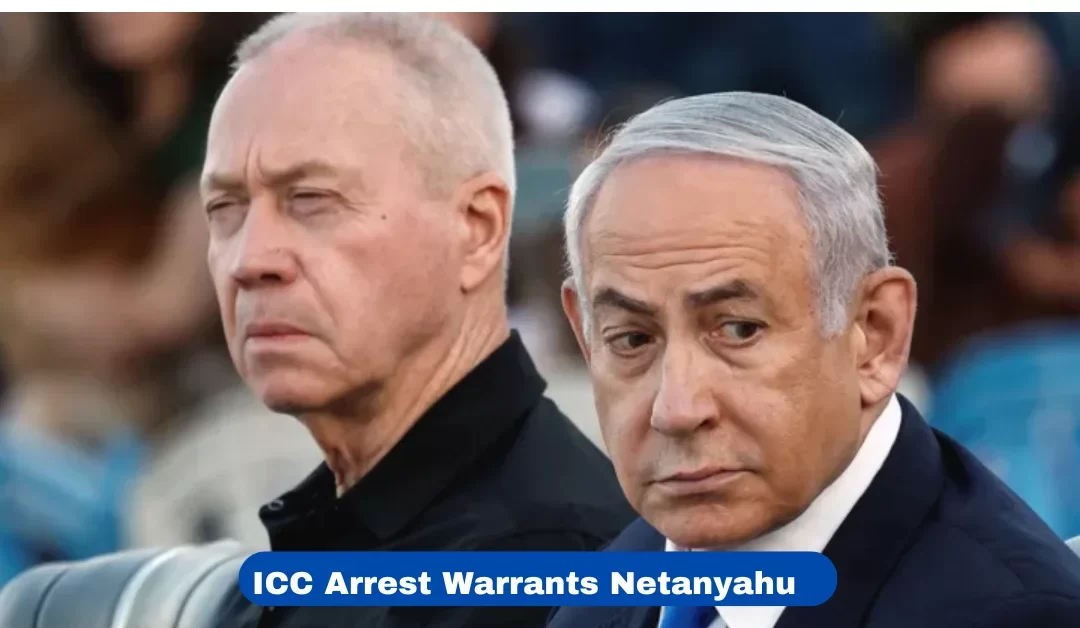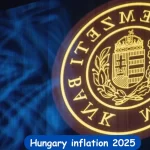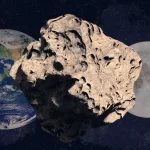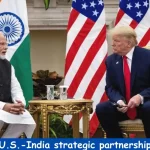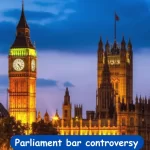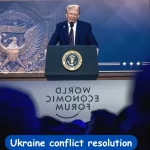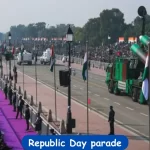The International Criminal Court (ICC) has issued arrest warrants for Israeli Prime Minister Benjamin Netanyahu and former Defense Minister Yoav Gallant, sparking intense global reactions. This development has drawn harsh criticism from Israeli leaders while receiving support from Palestinians and factions such as Hamas and Palestinian Islamic Jihad.
The warrants accuse Netanyahu and Gallant of war crimes, specifically regarding actions in Gaza. This article will break down the reactions, implications, and global significance of these warrants.
Israeli Leadership Condemns ICC Decision
Israeli leaders across the political spectrum have strongly condemned the ICC’s announcement.
- President Isaac Herzog: He labeled the ICC’s decision as “a dark day for justice and humanity,” accusing the court of siding with “terror and evil over democracy and freedom.”
- Prime Minister’s Office: Netanyahu’s office dismissed the charges as “false and absurd,” calling the ICC a “biased and discriminatory political body” with antisemitic motives.
- Knesset Reaction: Yuli Edelstein, chairman of the Foreign Affairs and Defense Committee, criticized the decision as being influenced by Islamist interests.
- Foreign Ministry: Israel’s Foreign Ministry claimed the ICC had lost legitimacy and vowed to oppose what it called an unfair and politically motivated move.
Palestinian Reactions: A Sense of Vindication
The announcement has been widely welcomed in Gaza by ordinary Palestinians and groups like Hamas.
- Hamas Statement: The organization expressed approval of the warrants, stating that “Zionist war criminals” should face justice for “genocide against defenseless civilians in Gaza.”
- Voices of Gaza Residents:
- Muhammad Ali, displaced from Gaza City, described the decision as “long overdue justice for those terrorized, starved, and displaced.”
- Munira Al-Shami, whose sister was killed by Israeli forces, called the ICC warrants “a glimmer of justice for the countless victims of war crimes.”
What Do These Arrest Warrants Mean?
While the ICC’s decision is historic, its practical implications remain uncertain. Here’s why:
- Jurisdiction and Enforcement:
- The ICC has 124 member countries, including the UK, but major powers like the U.S., Russia, China, and Israel are not signatories.
- Member countries are obligated to arrest Netanyahu or Gallant if they enter their territory, but enforcement is doubtful due to political sensitivities.
- Netanyahu’s Travel Risks:
- Netanyahu has avoided traveling to ICC member states since July, preferring countries like the U.S. that do not recognize ICC jurisdiction.
- Future international trips could pose significant risks for his arrest.
- Limited Risk for Hamas Leaders:
- Hamas leader Mohammed Deif, also named in ICC discussions, is believed to have been killed earlier this year, minimizing practical concerns for Hamas.
Broader Implications for Israel and Palestine
The ICC’s announcement could impact the global perception of the Israeli-Palestinian conflict.
- Israel’s Reputation Under Scrutiny:
- Israel faces a significant blow to its international standing, especially as it attempts to frame its military actions as a fight against terrorism.
- Palestinian Narrative Gains Strength:
- Palestinians view the ICC decision as validation of their claims of war crimes against Israel. The warrants highlight global acknowledgment of their grievances.
- Future of Gaza Conflict:
- The ICC’s decision may influence ongoing debates about international justice and accountability in war zones.
A Divisive Moment in Global Politics
The ICC’s arrest warrants for Netanyahu and Gallant represent a turning point in addressing alleged war crimes in Gaza. While Israeli leaders see this as an unjust and biased attack, Palestinians and global justice advocates view it as a critical step toward accountability. However, with enforcement challenges and geopolitical complexities, the real impact of these warrants remains to be seen.

